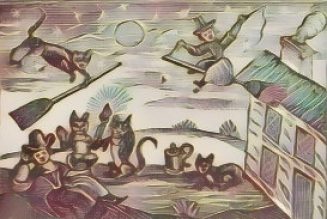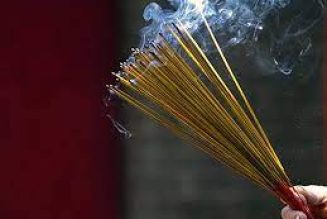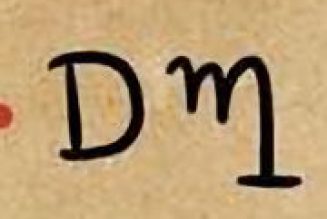The origins of the benandanti cult are unknown; the roots are probably ancient.
The leaving of the body and doing battle in spirit, in the guise of animals, is shamanic in nature.
The benandanti may be an offshoot of the cult of Diana, which was known in Italy from the end of the 14th century.
Followers of Diana held peaceful sabbats at night and were not associated with diabolical rites until later by the church.
The rites of the benandanti had no similarities to the celebrated witches’ sabbat but were entirely agricultural in intent, and were emotionally intense.
The benandanti considered themselves soldiers of the good fight, preserving their crops and protecting their villages from the evildoing of witches.
The cult persisted in spite of the magical/holy measures provided by the church to protect crops, such as the sprinkling of holy water over the fields, the erection of a cross and the processions and prayers on Rogation Days.
Apparently, the benandanti believed their ways were more effective.
Though pagan, the cult had acquired Christian elements by the late 16th century.
The benandanti went out in the service of Christ and God, to battle the agents of the Devil.








